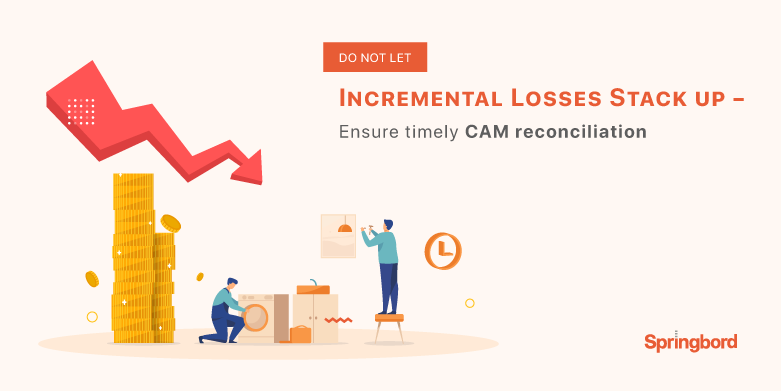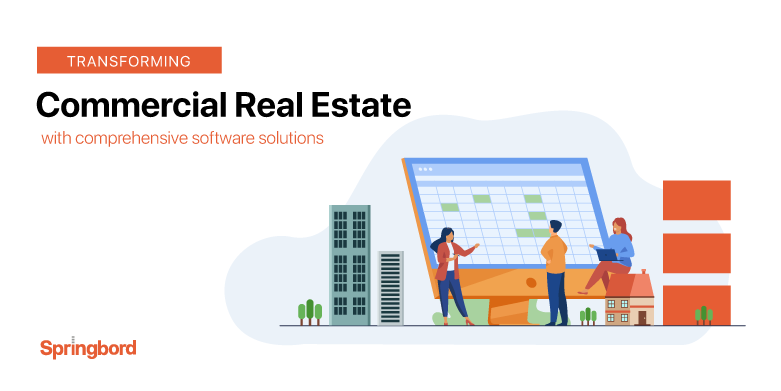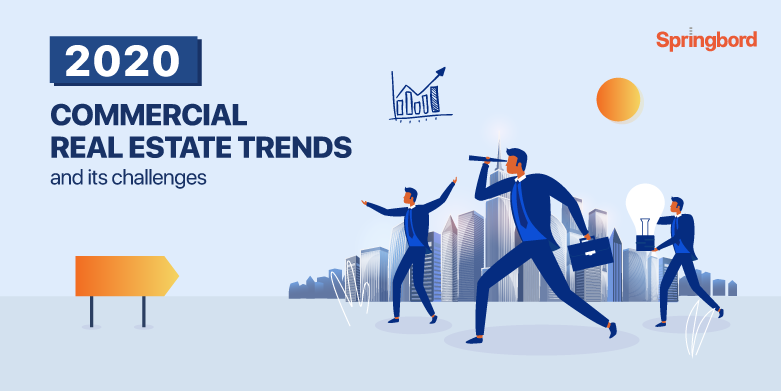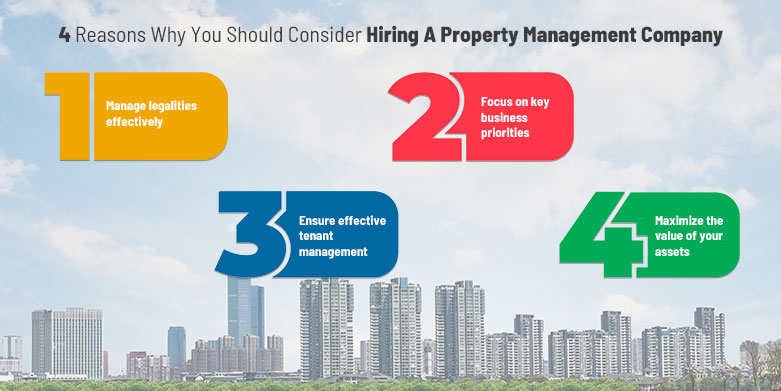M
E
N
U
Cash flow management is a critical aspect for real estate firms, integrating both account receivables and payables. It offers a comprehensive view of the financial health of a business, influencing its ability to fund projects, maintain operational efficiency, and sustain long-term growth. Effective management of account receivables and payables not only ensures a steady cash
Introduction In recent years, the commercial real estate sector, particularly retail, has undergone a significant transformation. Once perceived as nearing extinction, brick-and-mortar retail spaces have evolved, adapting to new challenges and opportunities. This evolution has been partly driven by the rise of e-commerce and changing consumer preferences, further accelerated by the COVID-19 pandemic. In this
The real estate industry has undergone a remarkable transformation in recent years due to the incorporation of technology. The purchasing, selling, and management of real estate have been revolutionized by technological advances such as virtual reality, artificial intelligence, blockchain, and big data analytics. This article examines the impact of technology on real estate, including its
Common area maintenance (CAM) charges play a key role in managing and maintaining commercial properties. CAM charges are not standardized and vary from one property/landlord/market/location to another. To maintain transparency with tenants these expenses are allocated appropriately and proportionately, and it is therefore important to follow the lease terms and guidelines and ensure accurate calculations
The escalating economic impact of the COVID-19 is being felt far and wide across every industry. And the real estate sector is no exception. In fact, this industry is facing multi-faceted effects based on the region and size and type of the property portfolio. As players worry about maintaining asset value and cash flow they
The global real estate industry is going strong despite economic uncertainty and transactions have touched USD 1.8 trillion in 2019, according to a KPMG report. In fact, the industry is diversifying its traditional asset class from residential and office spaces to coworking, retail, and housing for seniors, students, etc. This transition is reshaping commercial real
The real estate industry is already undergoing a drastic economic, business and social transformation. While most of these trends are already evident, as we kickstart the new year, let’s look at some of the key trends and their implications. Commercial real estate players would not only have broader and newer market opportunities and smarter value
Property management is key for commercial real estate portfolios. As a property owner/manager you understand that property management, while exciting, has a potential to hurt business if you put a foot wrong. Moreover, as you continue to scale your portfolio, the process of managing properties effectively and efficiently tend to become more complex and time
The real estate industry contributes $3.5 trillion to the US GDP. While the industry is the largest asset class sector in the world, it has been relatively slow in embracing technology. However, disruptive trends are compelling players to go beyond conventional operations and strategies to drive profitability and provide better customer service experiences. We all
When you have a business that’s growing and expanding. The temptation to have your own office is strong at this stage and you want to lease your office space. However, it is important to be aware of the many pitfalls that most businesses owners make when leasing for the first time. Prioritize Budget and Function
- 1
- 2











